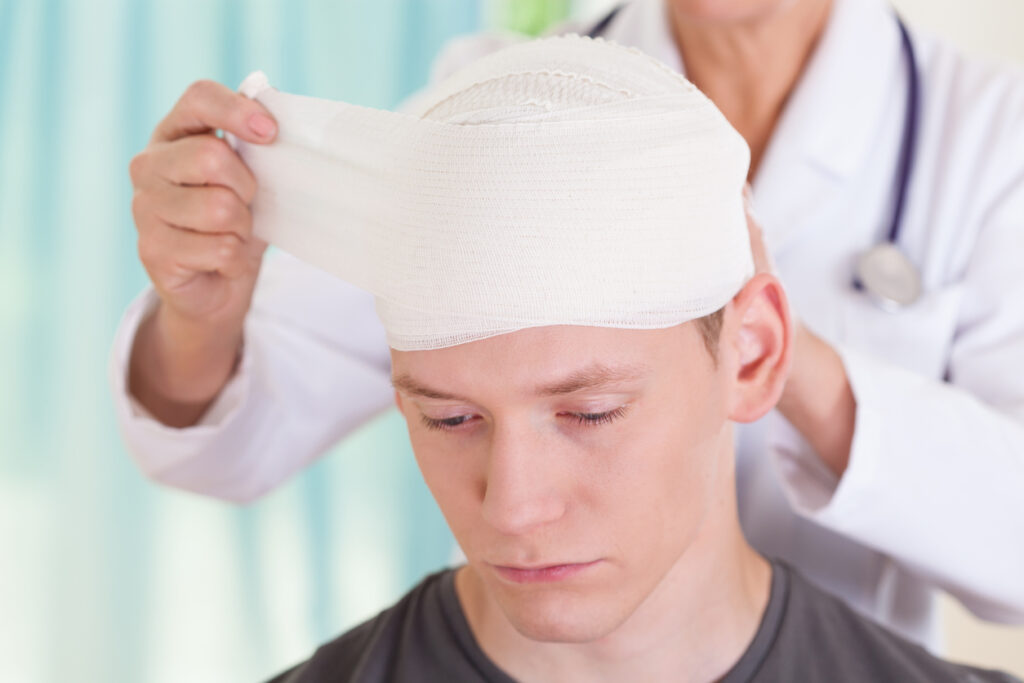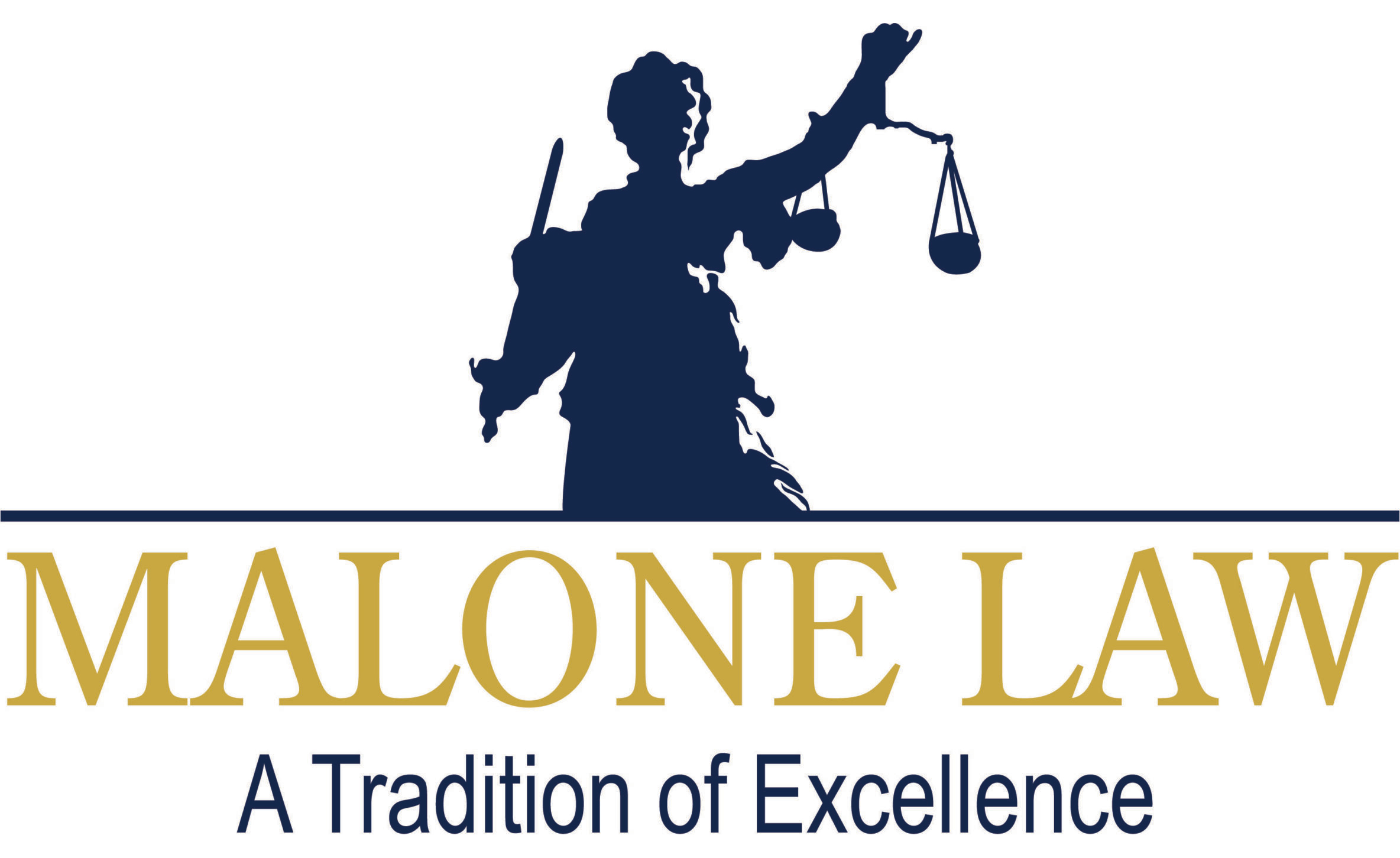
Experiencing a concussion is distressing enough on its own. It’s even worse when you don’t get the care you need due to medical negligence.
Misdiagnosis of a concussion or post-concussion syndrome (PCS) can have serious, lasting effects. It may threaten your health and overall quality of life. Here’s what you should know about managing your symptoms after misdiagnosis.
Understanding the Risk of Concussion Misdiagnosis
Doctors sometimes mistake mild traumatic brain injury for other conditions. Concussion misdiagnosis can lead to prolonged suffering and inappropriate treatment.
One study highlights how concussions can be wrongly identified as depression, attention deficit disorders, or sleep disorders. The conditions have overlapping symptoms like mood changes, fatigue, and sleep problems.
Misdiagnosis can lead patients down a frustrating path. You may suffer from ineffective treatments, persistent symptoms, and new side effects. It also risks further complications or additional injuries.
When a concussion is missed, patients may return to sports, work, and everyday activities too soon. This increases the risk of sustaining a second head injury. A second brain injury before the first has healed can trigger devastating effects. Repeated concussions also increase the risk of dementia and conditions like CTE.
Recognizing PCS
PCS describes lingering concussion symptoms that last weeks, months, or even years, that can include:
- Persistent headaches
- Difficulty concentrating
- Memory problems
- Sleep disturbances
- Anxiety and irritability
- Sensitivity to noise and light
- Chronic fatigue
- Dizziness or balance problems
These symptoms can impact daily activities and your overall well-being.
Managing PCS Effectively
Proper care is crucial if you’re dealing with PCS. Here are some strategies to help you manage PCS symptoms and support your recovery.
1. Seek a Second Medical Opinion
If your symptoms continue despite treatment, it’s time for a second opinion. Consult a concussion specialist or neurologist. They can reassess your diagnosis and ensure you’re getting the proper care.
2. Gradual Return to Normal Activities
Returning too quickly to work, school, or sports can worsen symptoms. It also increases the risk of further injury. Follow your doctor’s plan for slowly returning to your normal activities.
3. Physical and Cognitive Rest
Give your brain the rest it needs to heal by limiting:
- Screen time
- Intense mental activities
- Physical exertion
Physical and cognitive rest can help reduce brain injury symptoms.
4. Tailored Therapy and Rehabilitation
Many forms of therapy and rehab may help manage PCS:
- Relaxation therapy. This may use progressive muscle relaxation and guided imagery to manage stress.
- Physical therapy and/or vestibular rehabilitation therapy (VRT). This can address balance issues, vertigo, and other physical symptoms.
- Occupational therapy. This may include exposure therapy to help with sensitivity to sound and light.
- Cognitive therapy. This can help you improve your memory and executive function.
For certain issues, you may benefit from seeing a specialist. A neuro-optometrist, for instance, can help with double vision and other vision changes after a concussion.
5. Medication Management
Certain medications may alleviate PCS symptoms like headaches, insomnia, depression, and seizures. Be careful to avoid overuse of painkillers, including over-the-counter options. This can make persistent PCS headaches worse or more frequent. This is called medication overuse headache or rebound headache.
6. Support and Education
Understanding PCS helps manage frustration or anxiety related to symptoms. Support groups, counseling, or education programs can provide valuable coping strategies. For example, the Concussion Legacy Foundation offers resources and can help you find support groups.
Don’t overlook your mental health. PCS may come with depression, anxiety, and other mental health issues that make it harder to look after your physical health. Therapy, including options like cognitive behavioral therapy, may be helpful.
Contact the Atlanta Brain Injury Law Firm of Malone Law Medical Malpractice and Severe Injury Lawyers for Help Today
You might be eligible for compensation if medical malpractice contributed to your condition. You may pursue money for your medical costs, lost wages, stress, anxiety, and damage to your quality of life.
Our Atlanta brain injury lawyers can help you determine if negligence occurred. Legal action can help secure money to support your care, cover lost income, and provide financial stability while you recover.
Living with post-concussion syndrome can be challenging, but recovery is achievable. Managing symptoms and seeking specialized care can help you regain control of your life.
If you or a close one have suffered from medical malpractice in Atlanta, Georgia, please call Malone Law Medical Malpractice and Severe Injury Lawyers at (770) 390-7550 or contact us online to schedule a free case evaluation today.
We proudly serve in Fulton County.
Malone Law Medical Malpractice and Severe Injury Lawyers
2 Ravinia Dr NE Suite 300
Atlanta, GA 30346

